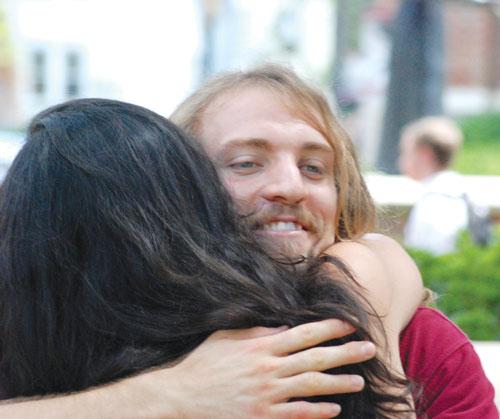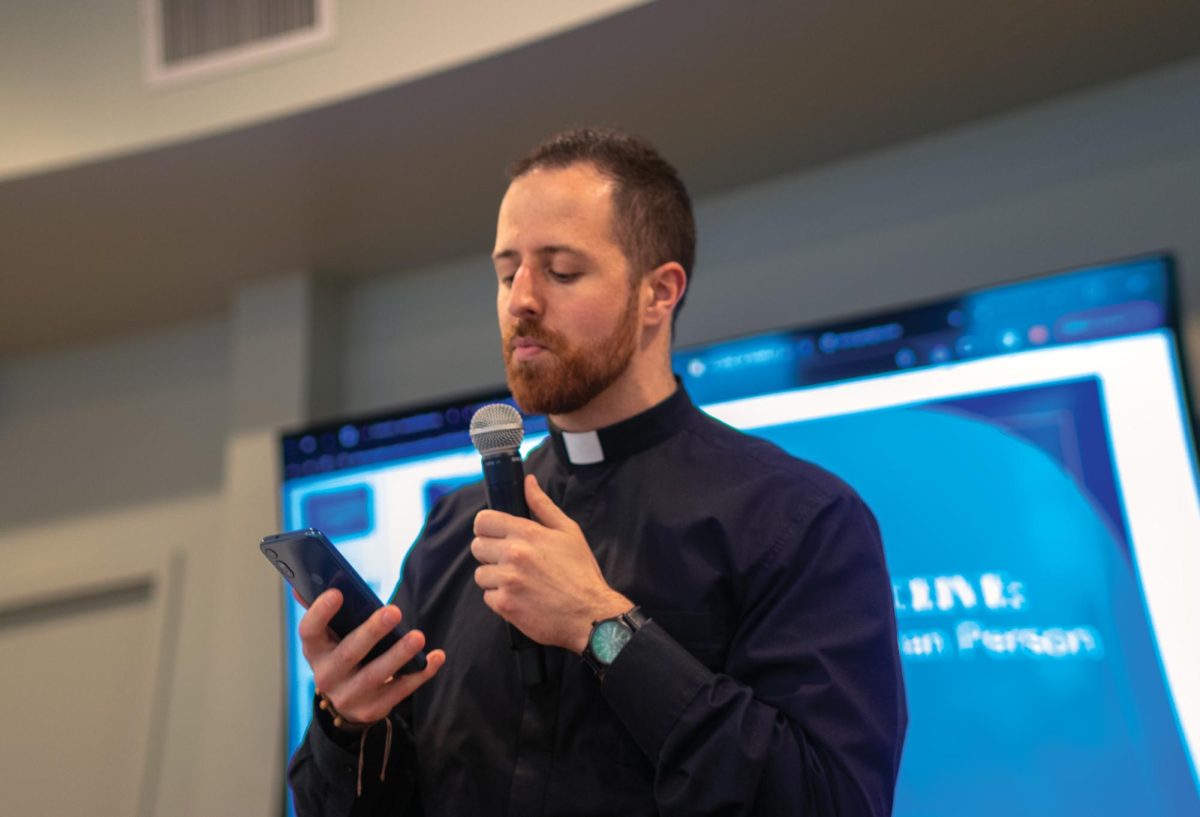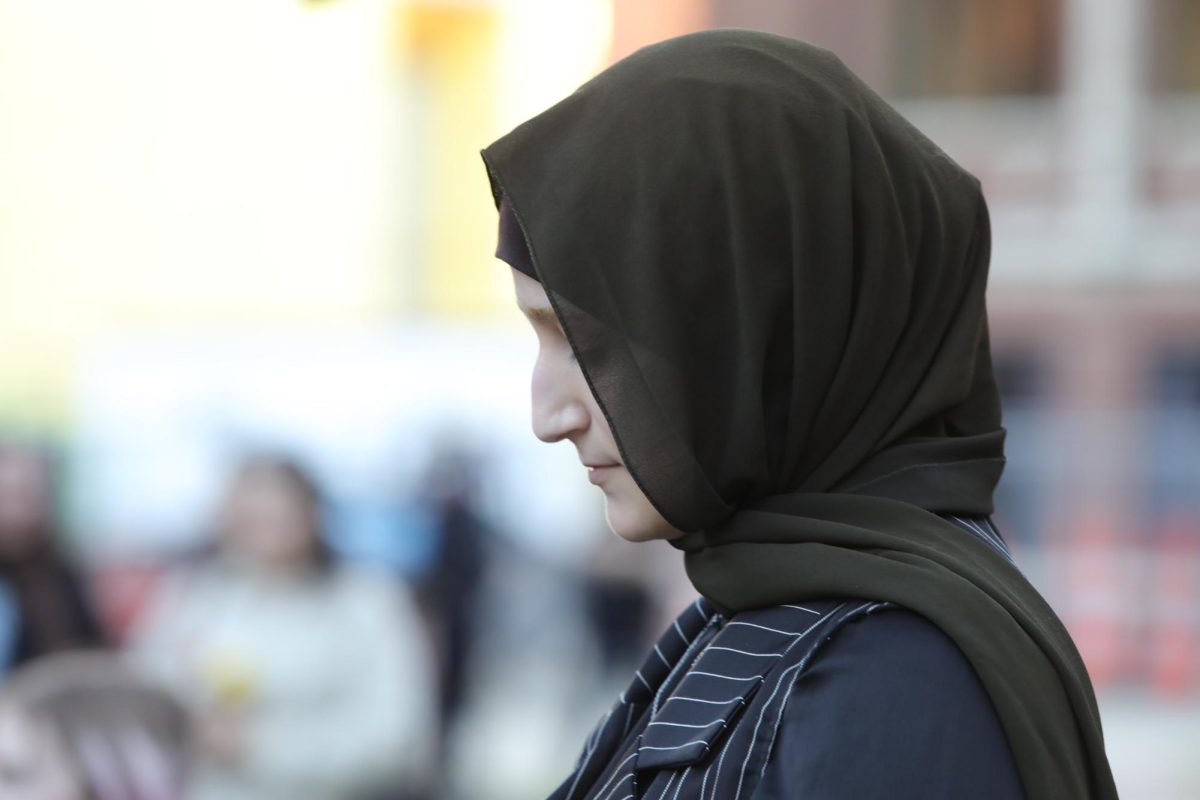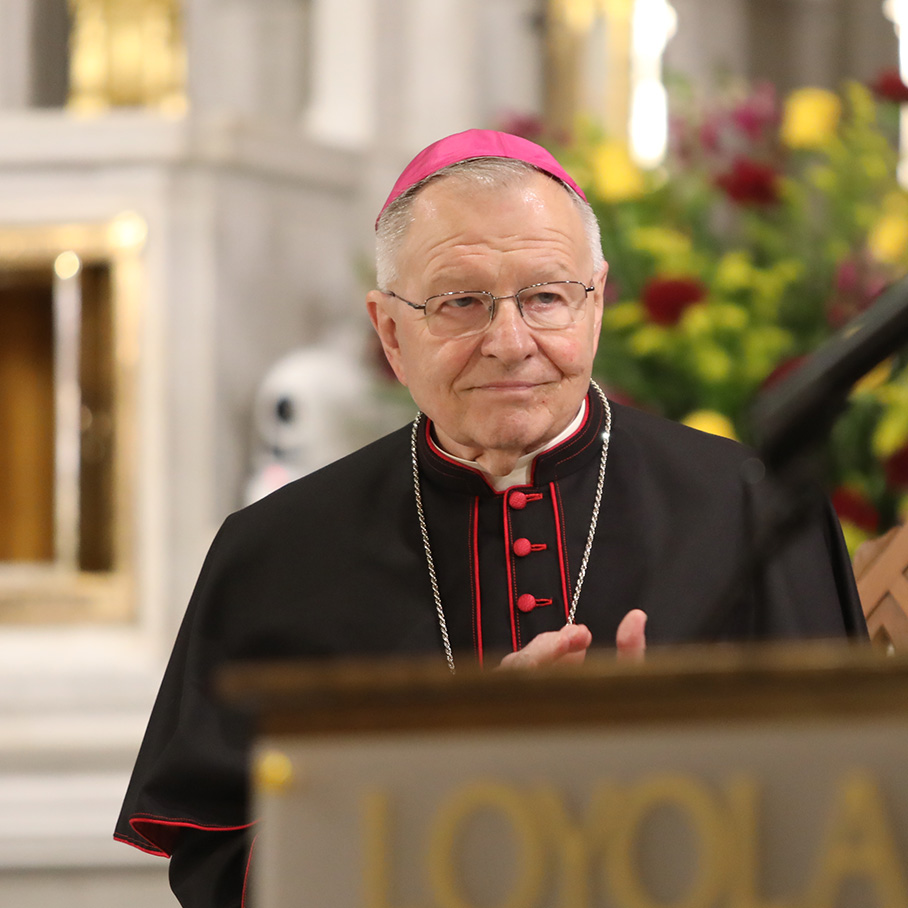After graduating in 2010, Gordon Nicholas Courtney eagerly returns to Loyola this year to serve as one of Biever Hall’s resident chaplains.
“I feel excited and incredibly blessed to be a part of the beginning of Loyola’s next century,” said Courtney in an email.
Courtney, who will also be working in the Jesuit Center and with University Ministry, is proud to continue the tradition and work ethic of the resident chaplains. Chaplains are responsible for helping students resolve their personal or spiritual troubles.
The inclusion of Courtney in the chaplain ranks serves as a much needed helping hand to University Ministry, according to Kurt Bindewald, director of University Ministry. Bindewald said that while the numbers are limited, they try to keep a good mix of chaplains who are skilled enough to serve the student community.
“We are currently limited to four resident chaplains in Biever, two in Buddig and two in Carrollton due to the availability of adult living spaces in the residence halls,” said Bindewald in an email.
Courtney said that he is most looking forward to helping students with their educational and spiritual growth while they are a part of the Loyola community.
“I have been constantly impressed by the depth and thoughtfulness of so many Loyola students,” Courtney said. “I look forward to watching – and hopefully helping – students grow as a result of the challenges they find here and the relationships that they build.”
Bindewald believes that the resident chaplains are a valued resource to the students because they are able to provide support for them through out their stay in the university.
“As part of Loyola’s commitment to positively forming both the minds and hearts of students in and out of the classroom, resident chaplains provide a pastoral resource for resident students as a supportive presence during their time here,” Bindewald said.
Craig Beebe, director of Residential Life, also respects the importance of the resident chaplains being readily available to students who have problems or concerns.
“They represent what is different about a Loyola education,” Beebe said.”The constant presence of others who have committed themselves to the care and support of each member of the Loyola community.”
Many other chaplains agree with Courtney in saying that the students are what make the position worthwhile.
Kenneth Weber, associate chaplain, believes that the best way to go about being a resident chaplain is to get to know the students on a personal level in order to earn their trust.
“People may think that as chaplains we spend a lot of time talking about the church, or religion, or spirituality, but honestly most of my time as a chaplain is spent just hanging out with and getting to know the students I live with,” said Weber in an email.
Eric Walsh, who is one of the chaplains in Carrolton, thinks that a chaplain’s goal is to develop the whole person and to provide some necessary resources for students to
become successful later on in life. “I hope to make a positive difference in the student’s lives by supporting the students throughout the academic year and providing guidance or help,” said
Walsh in an email.
Courtney also believes that the
experience of being a chaplain and working with student and faculty will benefit him and his own personalgrowth.
“I am no guru or saint. I am learning and journeying just like most people at Loyola and in our world today,” said Courtney.
“I truly believe that the values integral to a Jesuit university form a paradigm that is perhaps more important to higher education than ever before, and I feel privileged to be able to contribute to the presence of Ignatian spirituality and Jesuit values at Loyola.”
Burke Bischoff can be reached at [email protected]








